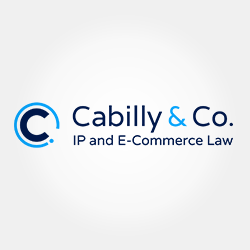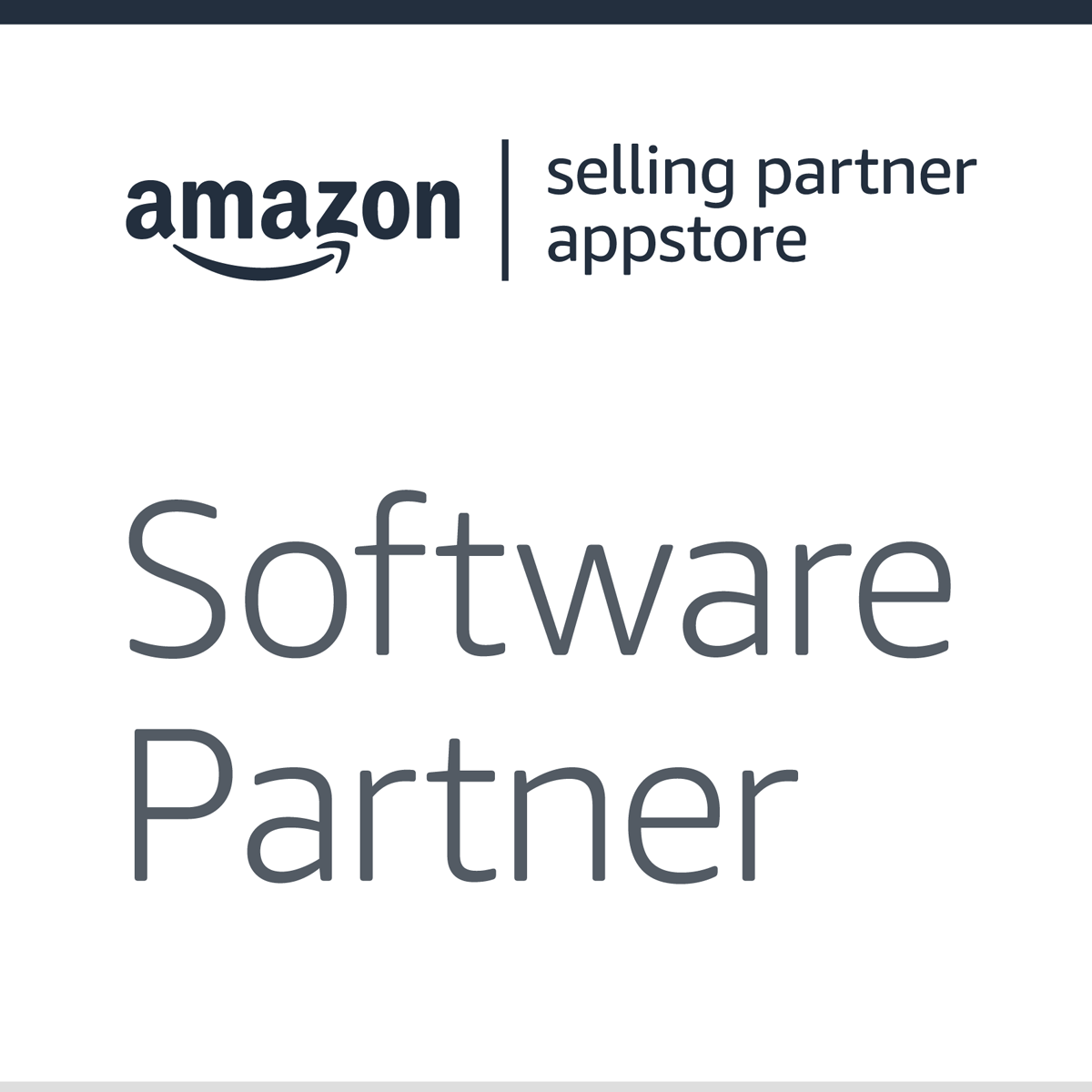Originally published on April 7, 2022, updated January 20, 2025
Menu
Join Our Email List
- Receive our monthly newsletter.
- Stay up to date on Amazon policies.
- Get tips to grow your business.
Editor's note: This article has been updated to reflect the current aggregator landscape.
One of the most notable trends that has emerged in this new frontier of eCommerce is the explosion of Amazon aggregators entering the market. These “roll-up” firms are raising billions of dollars in capital to acquire Amazon businesses at a record rate.
With some seriously big payouts on the line, you’re probably wondering what it means for your own Amazon store. Is it the right time to sell? What will make your business more attractive to these buyers? And maybe even more importantly, who are the top Amazon aggregators to be paying attention to?
Keep reading to find out these answers and much more.
An Amazon aggregator, or Amazon roll-up business, uses funding from investors to purchase smaller brands and build them into more profitable enterprises.
The firms rely on their vast resources and expertise in the industry (many are led by former sellers, ex-Amazonians, startup gurus, and top business execs) to scale brands into global businesses and household names.
Led by major players like Thrasio, Berlin Brands Group, Perch, Heyday, and SellerX, Amazon aggregators raised over $12 billion in 2021.
Aggregators aren’t new to eCommerce, but Amazon has been the biggest marketplace of interest for the past couple of years. Pandemic shopping and a surge of new Amazon sellers are key reasons why this is the case.
To take advantage of all that traffic and investment opportunities, there are now dozens of Amazon aggregators in multiple countries around the world. All of them are searching for successful Amazon brands with products that can also be marketed on other channels or as direct-to-consumer (DTC) products.
An Amazon aggregator won’t just buy any average business and hope to turn a profit. No, it wants the best of the best whose success can be built upon at a much larger scale.
Accordingly, each aggregator will have its own vetting process to ensure the brand and its products are of high enough quality. However, here are some of the general requirements that we know of for many of the top Amazon aggregator companies:
Fulfillment Model: Fulfillment by Amazon (FBA) businesses are a hot commodity because they’re less work logistically speaking and have the major advantage of Prime shipping speeds.
Business Type: Amazon brand aggregators are primarily interested in private-label brands or manufacturers with their own products. Being enrolled in the Amazon Brand Registry is also a key requirement because of its trademark protection.
Yael Cabilly is the founder of Cabilly & Co. and one of the top attorneys in eCommerce law. She knows first-hand how important trademarking your brand can be and recommends sellers invest in this task right from the start.

Most sellers know by now that you must have a trademark if you intend to sell your business. What most sellers forget, is that the trademark should be filed in the relevant country and under the relevant categories.
For instance, if you sell your products on Amazon.com while you have a trademark in Germany, many buyers will refrain from buying your business because your listings are unprotected in the US. Similarly, if you sell toys and your trademark covers kitchen supplies, any hijacker could join your listing (selling toys) and complaints against the hijacker are not likely to be accepted. Buyers verify the trademark registrations during the due diligence process, so sellers should be ready to present a proper protection.Yael Cabilly
Profit Margins: Most aggregators look for brands with minimum annual net profits of $200,000 while others use $500,000 as a benchmark. Minimum net margins are usually around 15%, with 10% being the lowest.
Amazon Sales: This will depend on the acquirer, but most want to see a minimum of 80% of sales coming through Amazon with $800,000 to $1 million in revenue. Others will accept lower numbers.
Number of SKUs: Less is more, as long as the items earn enough money. A couple of products worth $1 million is much more appealing than a bunch of items that combine to create the same amount.
Market Niche: Many Amazon FBA aggregators specialize in certain markets and won’t accept products that are considered fads or are extremely seasonal.
Product Reviews: Aggregators want products that are already well-received on the marketplace. Highly rated products with high numbers of reviews are signals of product quality as well as customer trust and loyalty.
Amazon Standing: You need to be in good standing with Amazon and not engage in any black hat tactics that will reflect badly on your business.
Simply put, aggregators want quality, dependable products with steady demand from a strong, healthy business. For more on this topic, check out this Buyers Survey: What Amazon Aggregators Are Really Looking For from our friends over at Fortunet.
It can be hard to keep up with all of the aggregators in the game. This top FBA aggregator list, which has been organized alphabetically, can help you out.
Accel Club. An Amsterdam-based company backed by leading tech and eCommerce investors that looks for standout FBA brands in enduring product categories.
Acquco. A New York-based group founded by a pair of Cornell University grads. Co-founder and CEO Raunak Nirmal was recently featured on Forbes’ 30 Under 30 Retail & eCommerce List for 2022.
Benitago Group. Creators of the Aggregator Match Guarantee, this New York group is led by two former Dartmouth College students who developed and sold a hugely successful back pillow on Amazon.
Berlin Brands Group. A top digital agency in Germany, this group was founded in 2005 and has been a pioneer in DTC business. It now operates 70+ web shops in 28 countries around the world and has a global audience of over 1.5 billion consumers to be one of the biggest Amazon aggregators in the business.
Boosted Commerce. An acquisition company out of LA with a portfolio of over 40 Amazon and Shopify brands and private-label FBA businesses.
Branded. Founded in 2020 in Paris, this firm is made up of key industry figures and helps brands conquer omnichannel retail.
D1 Brands. A New York group founded by third-party Amazon sellers that's built multiple private-label brands in the last decade.
Forum Brands. A technology-driven acquisition company out of New York with leadership from Amazon, Microsoft, Target, and more.
GlobalBees. India’s largest aggregator prides itself on nurturing next-generation brands and building meaningful products that meet consumers’ unique needs.
Growve. Headquartered in Florida, this firm has a portfolio of 25+ brands that includes dietary supplements, nutritious foods, personal care and beauty products, pet care items, and household goods.
Heroes. This fast-growing aggregator out of London buys, operates, and scales small and medium-sized brands. It wants to see winning products with plenty of positive reviews and the potential to grow on globally.
Mensa Brands. The powerhouse team behind Mensa Brands is truly something to behold. Led by CEO Ananth Narayanan, the India-based aggregator has several acquisitions under its belt and partners with global brands uniquely designed for the digital age.
Merama. This Mexico City-based consumer products company focuses on building a select portfolio of the best Latin American brands.
Monolith Brands Group. Founded in 2020 in New York City, Monolith has quickly made a name for itself in just a few short years. The group specializes in the baby and toddler, pet, and health and personal care sectors.
Olsam Group. After managing some of the UK’s largest third-party sellers on Amazon and creating (and selling) his own category-leading book brand, Co-Founder Sam Horbye has a deep understanding of eCommerce and the acquisition process. Olsam is now on his own mission to help independent brands thrive.
Perch. This Boston-based FBA aggregator has acquired 100+ brands and raised upwards of $900 million. Its team draws from the best in eCommerce, supply chain operations, and technology.
Rainforest. An eCommerce aggregator and brand builder from Singapore that specializes in the home, mom, and baby space.
Razor Group. This Berlin-based group looks for products that occupy a successful niche and has 10+ years of eCommerce experience under its belt.
SellerX. An industry leader, this Berlin-based aggregator buys and builds Amazon businesses with the everyday items that people want. It looks for market-leading companies with great reviews and a high potential for growth.
Society Brands. Led by experienced executives who have sold over $2 billion in eCommerce and managed over $500 million in Amazon revenue, Society Brands is a young group that’s already making its mark. The firm is looking to redefine the exit experience by offering more rollover equity as opposed to earn-outs and other payments.
The Ambr Group. A Minnesota-based firm full of eCommerce veterans, including Blue Apron founder and chairman Matt Salzberg.
Thrasio. Founded in 2018 in Massachusetts, Thrasio is one of the largest Amazon aggregators. The industry leader has acquired 200 brands across multiple categories and raised over $3 billion by itself last year.
Unybrands. Headquartered in Miami, this global acquirer of Amazon, Shopify, and DTC brands also has teams strategically placed in Berlin, London, New York, and Seattle.
This is by no means a comprehensive list of Amazon aggregators. There are plenty more companies to keep an eye on who may be a good fit for your business.
While the decision is ultimately yours, many people choose to sell their Amazon business when they want to stop selling altogether or to fund new brands.
Whatever the case may be, make sure you plan ahead and get your business, particularly your financial statements, in order.
If you're interested in selling, eComEngine has tools that can help you build a stronger brand before you exit.
FeedbackFive is a reputation management software that automates and improves the product review request process. With FeedbackFive, you can better control your email timing, send SKU-specific emails, and monitor your reviews for trends that may be influencing your ratings.
Or, if your FBA inventory management is inefficient and impeding your growth, RestockPro can automate and optimize every step of the process, from PO creation to delivery to Amazon's warehouses.
Both are so effective at what they do, that some of the top Amazon aggregators also use them to accelerate brand growth and maintain profitable businesses.
Get to know both tools (and eComEngine) with a free software demo today!
Originally published on April 7, 2022, updated January 20, 2025
This post is accurate as of the date of publication. Some features and information may have changed due to product updates or Amazon policy changes.
These Stories on Amazon
14321 Winter Breeze Drive
Suite 121 Midlothian, VA 23113
Call us: 800-757-6840





Copyright© 2007-2025 eComEngine, LLC. All Rights Reserved. eComEngine®, FeedbackFive®, RestockPro®, and SellerPulse® are trademarks or registered trademarks of eComEngine, LLC. Amazon's trademark is used under license from Amazon.com, Inc. or its affiliates.
No Comments Yet
Let us know what you think